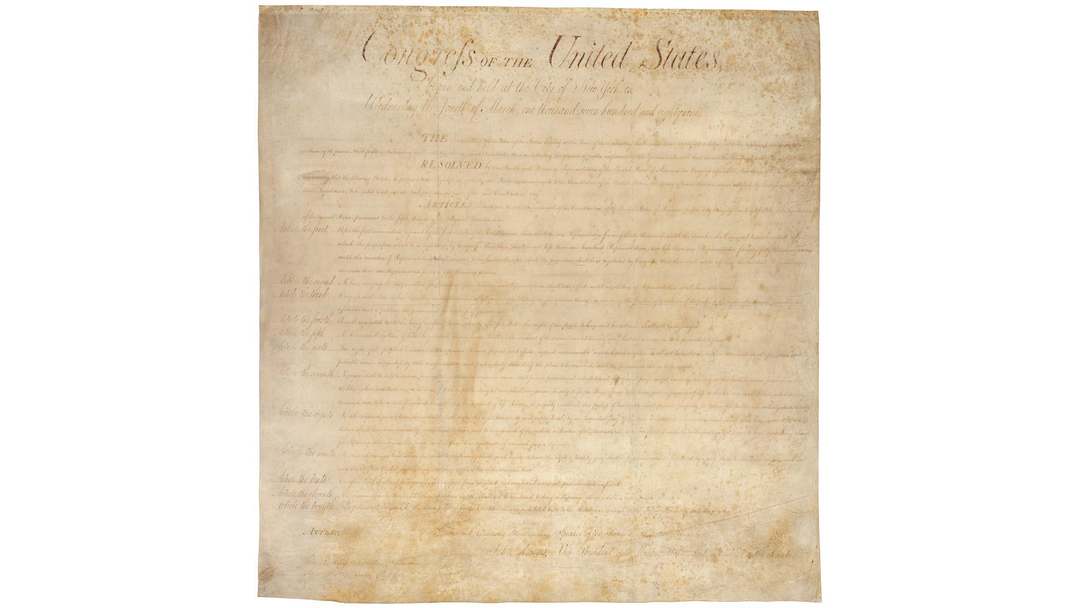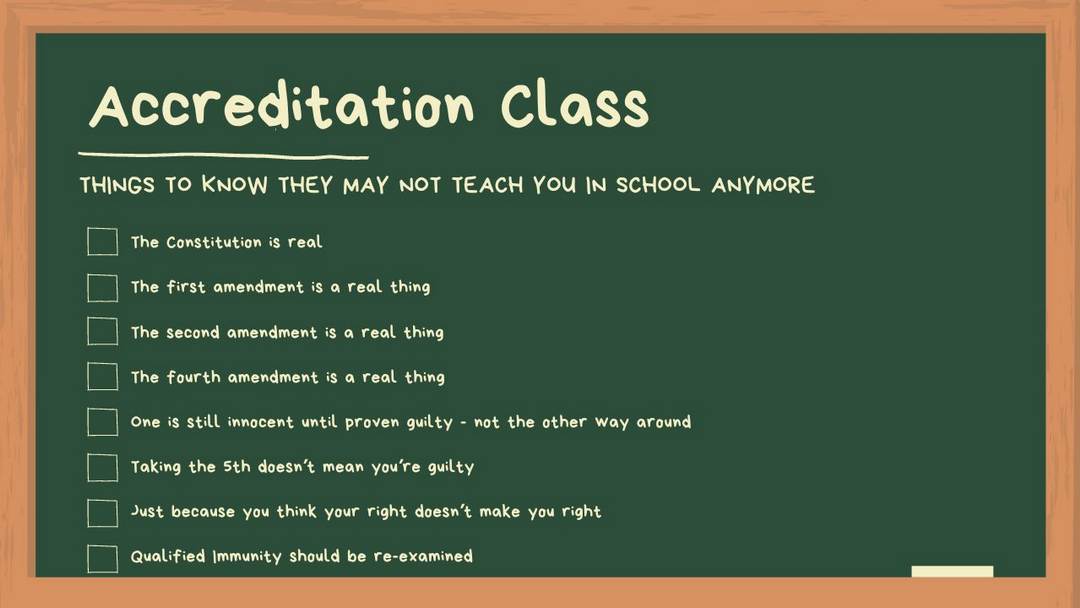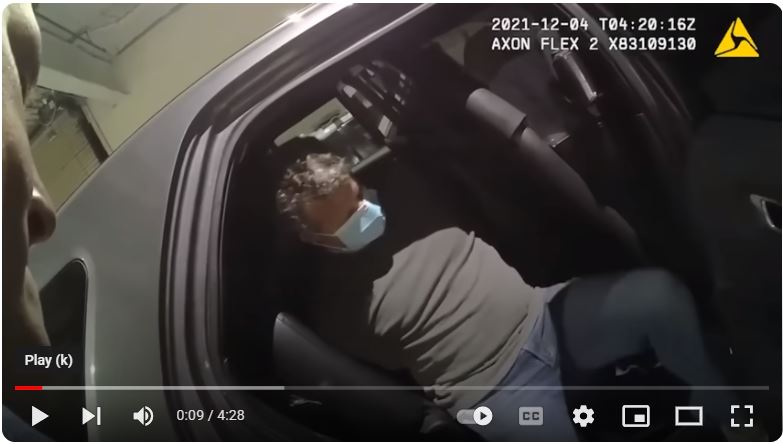Michigan Rules 901-903 – Evidence Authentication
Ever wondered how that document or recording made its way into a Michigan courtroom? The answer lies in Michigan Rules of Evidence 901 to 903, which govern the crucial step of authenticating evidence.
This article provides a factual, no-nonsense breakdown of these rules, drawing insights from the official Michigan Rules of Evidence Handbook.
Rule 901: The Key to Admission
At its core, Rule 901 states that before any evidence can be considered by the court, it must be properly authenticated.
This means proving, through sufficient evidence, that the item is indeed what it’s claimed to be. Think of it as verifying the identity of a witness before they can testify.
The rule doesn’t prescribe a specific method for authentication; it simply says there must be enough evidence to convince the judge that the item is genuine. This flexibility provides room for various situations and evidence types.
Unlocking Authenticity: Examples from the Handbook
The Handbook offers helpful examples to illustrate how Rule 901 might be satisfied in practice. Here are a few:
- Witness Testimony: Someone with firsthand knowledge of the evidence, like the author of a document or someone who witnessed a recording being made, can testify to its authenticity.
- Handwriting Analysis: A non-expert familiar with someone’s handwriting can offer their opinion on its genuineness based on familiarity, not just for this specific case.
- Comparison by Experts: An expert, like a handwriting analyst or audio-visual specialist, can compare the disputed item to known authentic samples.
- Distinctive Characteristics: The unique features of the evidence itself, like its internal patterns or specific content, can sometimes establish authenticity in conjunction with other circumstances.
- Voice Identification: Similar to handwriting, someone familiar with a voice can offer their opinion on its identity based on prior interactions.
- Telephone Conversations: Proof that a call was made to a specific number assigned to a particular person or business, coupled with self-identification during the call, can authenticate the conversation.
Have your rights been violated?
Have your driving priviledges been revoked?
Has your professional license been suspended?
Have you been charged with a crime?
Call our office to see if we can help
Komorn Law 248-357-2550
Rule 902: Self-Authentication Shortcuts
Certain types of evidence are so inherently reliable that they “speak for themselves” and don’t require additional authentication under Rule 901. Rule 902 lists these self-authenticating items, including government publications, certain business records, and certificates of marriage or birth.
Rule 903: Skipping the Witness in Certain Cases
Traditionally, written documents often required the testimony of a subscribing witness (someone who witnessed the signing) to be admitted. However, Rule 903 simplifies matters by stating that such testimony is unnecessary unless specifically required by other relevant laws.
Remember: These are just summaries, and the actual rules contain nuances and exceptions. For complex legal matters, consulting with a lawyer is always recommended.
Don't Own an F-16?
Just want your second amendment right back to protect yourself and your family? Call our office to see if we can help.
Important:
This article provides a simplified overview of the Michigan Rules of Evidence for informational purposes only. It should not be interpreted as legal advice. When facing legal matters, always consult with a qualified attorney for professional guidance.
The Michigan Rules of Evidence are subject to change over time. Always consult the latest official version for accurate information.
Here is the link to the Michigan Rules of Evidence Handbook. Check the footer for the latest update.
- You can find the latest versions of these resources on the Michigan Courts website: https://www.courts.michigan.gov/498aa6/siteassets/rules-instructions-administrative-orders/rules-of-evidence/michigan-rules-of-evidence.pdf
Related Articles
No Results Found
The page you requested could not be found. Try refining your search, or use the navigation above to locate the post.
More Posts

Legal Consequences of Rescheduling Marijuana – 2024
Legal Consequences of Rescheduling Marijuana Jan 2024 a report from the Congressional Research Service.

Scientists Discover The Reason Cannabis Causes The Munchies
For the first time, scientists have uncovered the precise neurological impacts of cannabis use that give rise to the phenomenon famously referred to as the "munchies," as revealed by an innovative study backed by federal funds. Researchers at Washington State...

Maker of CBD products asks court to decide
The Petitions of the Week column highlights a selection of cert petitions recently filed in the Supreme Court. A list of all petitions we’re watching is available here. Organized crime, from the mafia to small-time money laundering schemes, often evades criminal...

Transcription of the 1789 Joint Resolution of Congress Proposing 12 Amendments to the U.S. Constitution
This information was taken from archives.gov. One should assume it is factual... but assuming information is a fact is a perilous assumption. Here is what you paid for... Transcription of the 1789 Joint Resolution of Congress Proposing 12 Amendments to the U.S....

New laws for 2024 – Buckle Up
States nationwide will welcome the upcoming year with the implementation of laws tackling crucial matters such as gun violence, book bans, and the introduction of gender-neutral toy sections. These legislative advancements are set to take effect throughout 2024,...

Biden Issues More Cannabis Pardons but…
Joe Biden has extended pardons for individuals charged with simple cannabis possession and use, yet disappointingly, he has refrained from granting clemency to those currently incarcerated for cannabis-related offenses.In an extension of the previous year's extensive...

Working With and Not Against, IRS Revenue Code 280E
Cannabis operators face IRS Revenue Code 280E restrictions, but smart tax planning and strategies allow entrepreneurs to mitigate its impact on their business.Komorn Law is Michigan's top cannabis law firms when it comes to licensing, consulting and legal defense....

Department of Attorney General Prepares for MLEAC Accreditation
LANSING – The Michigan Department of Attorney General (DAG) recently welcomed a team of assessors from the Michigan Law Enforcement Accreditation Commission (MLEAC). The assessors came to examine all aspects of the Department’s compliance with the MLEAC standards in...

Oklahoma’s wild marijuana market is about to shrivel
The world's weed market, once booming with nearly 14,000 licensed medical marijuana businesses at its peak, has experienced a steady decline since Oklahoma voters overwhelmingly rejected a recreational legalization referendum in March. Heightened enforcement by state...

400K settlement after being arrested for a DUI, even though he passed breath and blood tests
A Colorado man is poised to receive a $400,000 settlement from city authorities after being wrongfully arrested for a DUI, even though he had passed both a breath and blood test.According to the complaint, Elias was driving southbound on College Avenue in Fort Collins...








